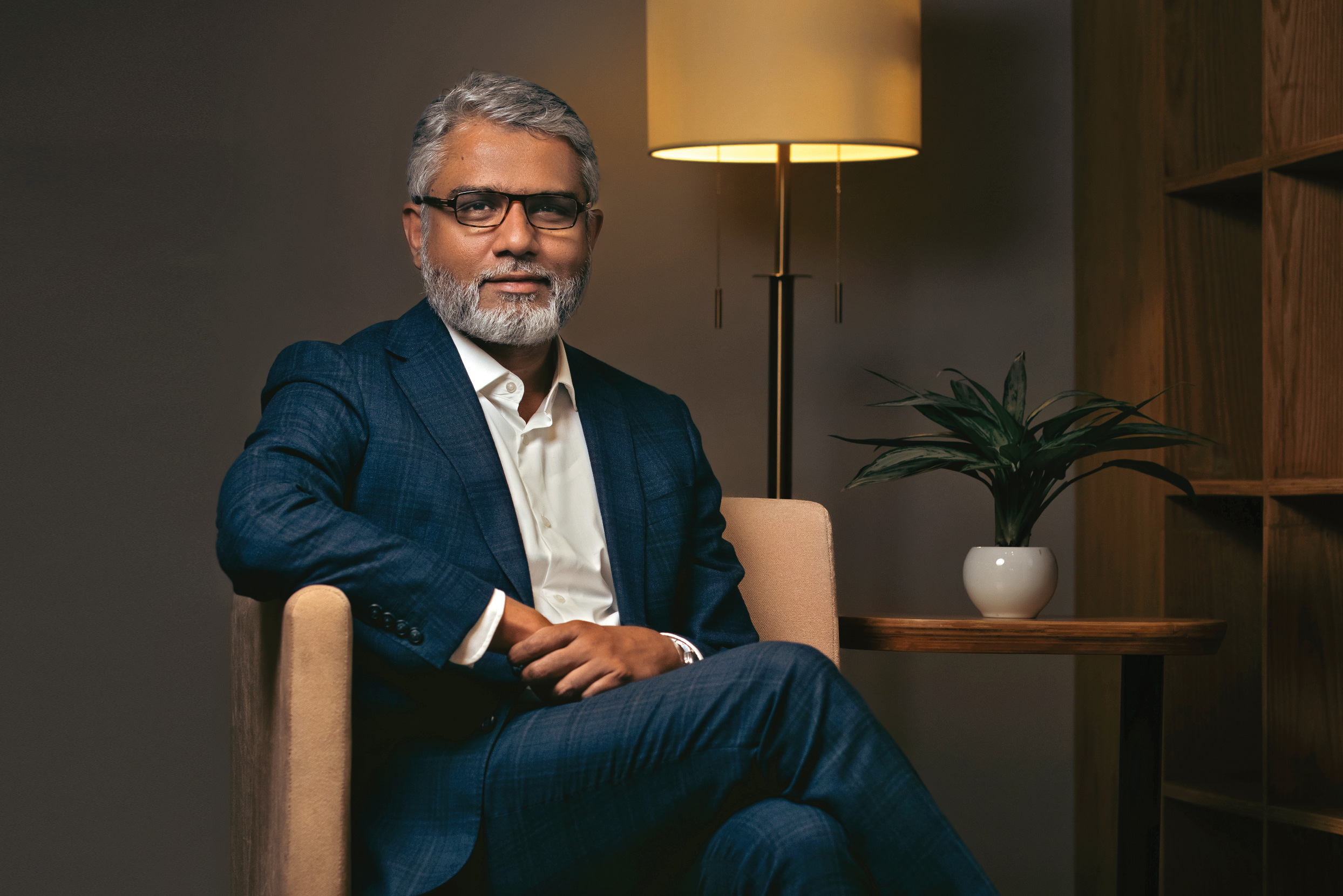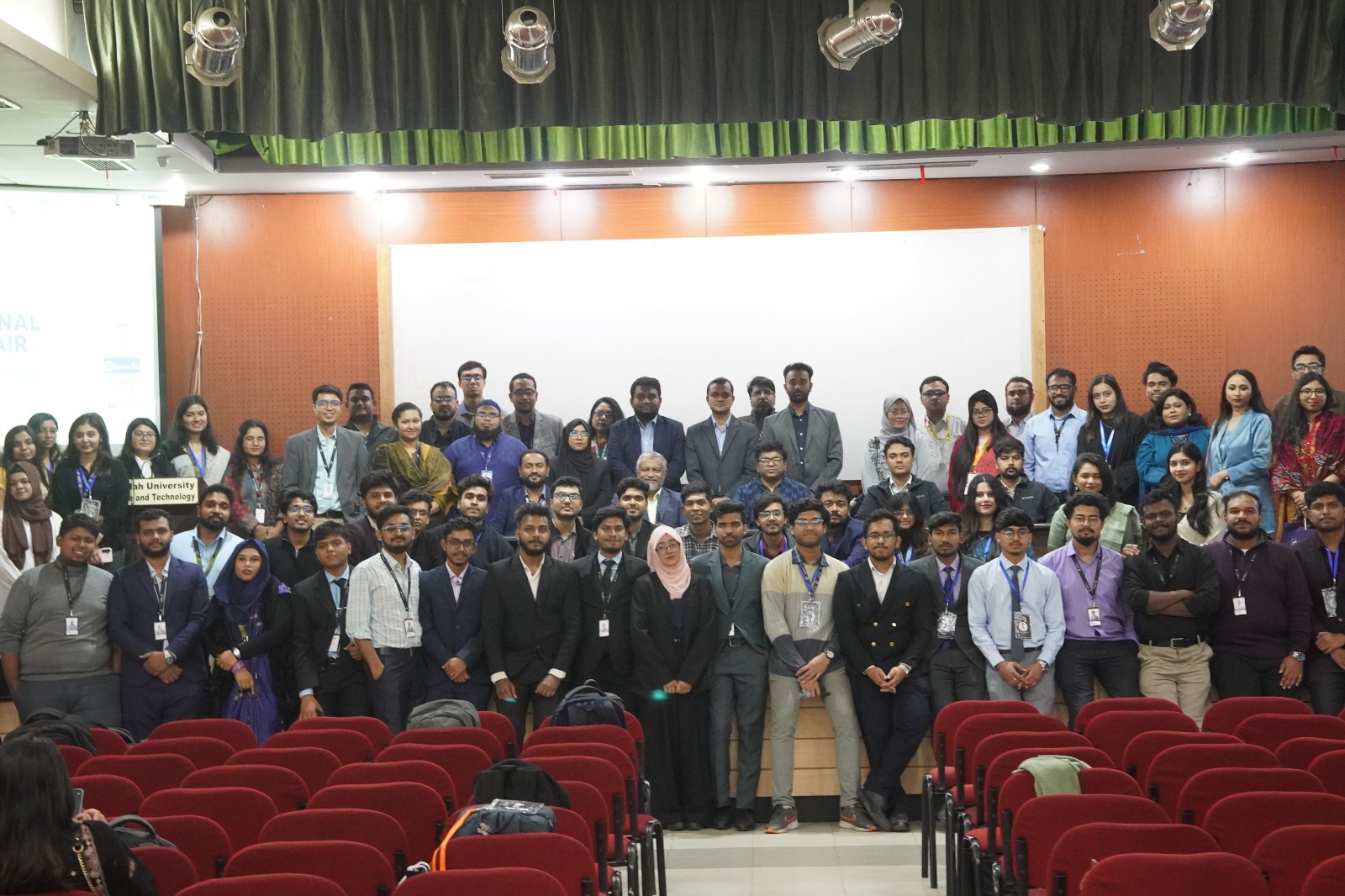A look into influential South East Asian startups that are revolutionising industries and challenging the status quo with disruptive innovations
With more venture capital (VC) firms eager to engage in tech startups, Southeast Asia’s VC trends have experienced an increase in investment in recent years. Despite an uncertain global economic climate, early-stage VC patterns show that the slowdown in startup financing is not as bad as previously thought. By the middle of 2022, VC funds had surpassed USD 66 billion, according to the ASEAN Investment Report 2022. The strong surge in funding was driven by Southeast Asian tech startups, which also raised regional demand for technology and digital services. These are the top startups in Asia that are currently poised to have a substantial impact on the sector and draw sizable investments.
IMAJIN
Imajin, a B2B platform in Indonesia that serves as a manufacturing hub, links regional producers with prospective clients. The startup provides a marketplace for raw materials, a platform for project management, and project funding for small business owners. Additionally, it offers quality control services. In a seed fundraising round late in January 2023, Imajin received an unknown sum from East Ventures, 500 Southeast Asia, and Init 6. The investment will be used by the business to grow its workforce, bring on new employees, and create new products. Additionally, it intends to hasten the digitalisation of the manufacturing sector through the creation of new products and the opening of new markets.
The startup has so far collaborated with more than 500 manufacturers, including companies that make moulds, dies, injection, stamping, and fabrication. Imajin has also worked with more than 100 clients including Indonesian and Japanese businesses with offices there. Imajin sees enormous potential in promoting local manufacturing, particularly in the automotive industry. This encouraging achievement demonstrates how, despite unstable global economic conditions, Indonesia’s manufacturing sector is consistently strengthening and recuperating after being impacted by the COVID-19 pandemic.
ZaynFi
Using the DeFi (Decentralised Finance) protocol, ZaynFi, a Singapore-based business, wants to make it simpler for customers to stake stablecoins on the Binance Chain for high profits. It is preparing to launch a public beta phase that will be available only to the 88,000-person Telegram Community of ZaynFi. A strategic pre-seed investment in the firm was recently made by Cur 8 Capital, a UK-based Islamic Finance Guru, and an undisclosed global VC with experience in the IT sector. With its emphasis on making DeFi accessible to new users and adherence to Shariah principles, ZaynFi is well-positioned to contribute significantly to the expansion of the DeFi market both inside the area and beyond.
Created by Syakir Hashim and Aziz Zainuddin, ZaynFi enables users to stake stablecoins on the Binance Chain safely and easily for top-tier returns. The startup claims that by assisting users in staking into the top liquidity pools on well-known decentralised exchanges, it enables trades to take place while earning trading commissions and rewards. It, therefore, attempts to introduce the public to the world of DeFi and make DeFi goods and services accessible to new users. In addition to ensuring that its services adhere to Shariah principles, the protocol hopes to attract offerings that are halal-conscious.
Pilon
Pilon, a cloud-based platform with another Singaporean finance startup, offers SMEs in Southeast Asia a supply chain financing system. By registering with Pilon, suppliers can check their unpaid invoices and use their mobile app to choose one or more bills for early financing. USD 5.2 million have been raised for Pilon in a seed fundraising round that was headed by Wavemaker Partners. The financing included participation from the family office Octave in Singapore and the investment company Polaris Kin. Within the following year, the company wants to enter Vietnam, Thailand, or Indonesia, expand into the Philippines and Cambodia, and enhance its digital product line.
This non-bank financial institution founded in 2020 by Eddie Lee and Alex Chua in partnership with Goldbell Financial Services enables small and medium-sized business suppliers and their corporate customers to digitise their factoring processes. They can also access financing from financial institutions through web and mobile interfaces with the use of a cloud-based engine, which allows them to free up cash flow. Its technology gives customers extra time to pay off their balances while giving suppliers immediate access to their unpaid invoices. Pilon also works with banks and other financial institutions in Southeast Asia that want to digitalise their factoring procedures. With Pilon, suppliers can use their mobile app to view, track, and select one or more invoices for early financing. Due to the built-in spot factoring and dynamic discounting, which will provide the discounted offer to the supplier for consideration prior to acceptance, they can select the date they want the money to arrive in their bank account.
Pilon is also aiming for business expansion down the line. Following the investment of an unknown sum from Manila-based early-stage venture investor Kaya Founders, Pilon is increasing its market share in the Philippines. The funding from Kaya came after Pilon, which Alex Chua and Eddie Lee co-founded in 2020, raised $5.2 million in a previous Seed round. In order to support its expansion objectives, the firm has already established a special section in Metro Manila.
WhyQ
WhyQ, a Singapore-based startup, provides SMEs with an easier way to sell and expand online through their digital meal delivery platform. The startup provides its customers with two products: Kira Kira helps manage their finances, tracks daily transactions, and gives access to low-interest loans from partner lenders, while eBiz enables small businesses to build their own online store, accept online payments, and connect logistics services. In a recent Series A2 extension round, WhyQ received roughly USD 1.08 million more. The investment round was headed by Kairos Capital Group, with participation from Delivery Hero, Chope, Angel Central, and RB Investments. WhyQ intends to use the extra money to develop its digitalisation platform, enhance its current products, and increase the functionality of the EBiz app.
A hawker food delivery service founded in 2017, WhyQ aims to use the cash to grow its digitalisation platform, which aids in creating digital infrastructures for MSMEs. Varun Saraf, CEO and co-founder of WhyQ, said, “Leveraging on our experience partnering with small-scale F&B owner-operators like hawkers, we would like to extend our expertise to now help small business owners in Malaysia to digitalise properly, with simple and free products.”
WhyQ intends to expand the functionality of its eBiz app in 2023 by including connectors with well-known e-commerce sites like Shopee and Lazada as well as customisable themes for online stores. The firm also intends to collaborate with more logistics service providers and payment gateways, expanding the alternatives available to small businesses for order fulfilment and payment acceptance. They also intend to add functions like inventory management, bill payment, and automatic sales and spending categorization to its digital bookkeeping system. According to the team, they aspire to grow the number of lending partners in its network.
Biogenes Technologies
This molecular diagnostics and genomics firm is situated in Malaysia and offers biosensor goods and services to a range of markets, including healthcare, animal breeding, and environmental testing sectors. Its platform technologies include DNA probes, aptamers (synthetic antibodies), printed nano-coated sensors, and in-silico design and validation of new aptamers. The business successfully closed on a sizeable sum of USD 5.7 million in a Series A funding round from the local venture capital firm Pembangunan Ekuiti. The company intends to use the most recent funds to purchase a manufacturing facility that can produce medical products, enhance its technological portfolio, and broaden its sales reach in Southeast Asia and other international markets.
The number of tech startups in Asia is expected to keep growing, and this will probably lead to a major increase in investment levels. The great growth potential of the region’s tech firms and the rising demand for technology and digital services in the region are the main factors driving the Asia VC trends. The region is ready for even more technical improvements and new opportunities for entrepreneurs and investors alike as more and more venture capital firms look to invest in Asia’s thriving tech and innovation industry. Southeast Asia is on its way to becoming one of the main regions and centres in the global technology industry, as seen by all this growth, optimism, and investment in ASEAN. Startups have the potential to make a significant impact on South East Asia by driving economic growth, creating job opportunities, and fostering technological innovation. They can introduce new technologies, digital platforms, and disruptive business models that enhance efficiency, productivity, and connectivity across various sectors. Startups focused on renewable energy, waste management, sustainable agriculture, healthcare, and education can address social and environmental challenges, contributing to a more sustainable and inclusive future. By facilitating digital transformation, startups enable individuals and businesses to access new markets and improve financial inclusion. They also foster cross-border collaboration, attract foreign investment, and empower local communities by providing entrepreneurship opportunities and access to finance. Startups can contribute to skills development and talent retention, and bridge gaps in essential services like healthcare and education. Collaboration with government agencies, NGOs, and established businesses is crucial for creating a supportive ecosystem that maximizes their impact while considering the needs of local communities. And for this, we need to bet on such game-changers

















